While you can read more about education below, these are the key issues I would work on as your representative:
Public Education
- Fair funding for our local public schools that shifts the tax burden away from local property taxes, especially for senior citizens on fixed incomes
- Responsible stewardship of Pennsylvanians’ tax dollars funding education, including by ensuring all schools receiving taxpayer support are held accountable for their spending
- Replicating home-grown programs that other states and districts are implementing to increase recruitment and retention of educators in their home communities and develop the career path for teachers and staff
Higher Education (College and Vocational/Technical)
- Create incentives for community colleges and four-year institutions to improve workforce development in the commonwealth and keep graduates in Pennsylvania
- Support vo/tech programs and expand opportunities for graduates to work for communities without facing unnecessary obstacles to working
- Support locally-led initiatives to expand workforce development programs, job training, and community college courses

Nick meets Lewisburg students and campaign volunteers

Nick talks to the Union County Retired Teachers Association
I received my whole education from Lewisburg public schools,* and I am proud of and grateful for my education. But we owe a lot more to our children, teachers, and staff than they are getting now. Over the past decade, the five districts in the 85th–Mifflin, Juniata, Midd-West, Selinsgrove, and Lewisburg–have on average seen the cost of education increase by over 20%, including an average increase of 67% for special education costs and over 200% for charter schools. Despite these significant increases, Harrisburg has sent only on average 6% more funding to our schools, shifting the burden more heavily to local taxpayers, some of whom have seen property tax increases 10 times since 2011.
Even as funding has grown, though, teachers and staff have fallen further behind. Since 1996, teachers’ inflation-adjusted wages have remained most flat, even as wages for other workers rose 28%. Pennsylvania is now facing a crisis in teacher and support staff shortages, as the number of newly certified teachers dropped two-thirds from 2010-20.
In 2023, a judge on the Pennsylvania Commonwealth Court held that Pennsylvania’s current system of funding public schools does not fulfill the commonwealth’s responsibilities under the PA Constitution. Legislators now have the opportunity and responsibility to ensure all public schools have access to fair funding and that students get the education they deserve. I believe we should use this opportunity to invest in our public schools and restore the state’s share of school funding. I will always fight for our local public schools–and our communities’ right to guide our schools.
*In truth, my first education was at Agapeland Preschool in Selinsgrove where I started going twice per week, Tuesday and Thursday mornings. When my father asked me how it was going a few weeks into the year, I told him it was good, but took up a little too much time for my schedule. Little did I know what was in store for me…
All schools in Pennsylvania that receive public funding should be held accountable for their spending of taxpayer dollars. Charter schools, especially cyber charter schools that charge our schools (and thus our taxpayers) far more than the amount they spend on students, should be held to the same accountability standards as our schools are. And school districts that shoulder the costs of transportation, health care, extracurricular activities, pensions, and governance should be funded with regard to the full extent of their services.
Every year, Pennsylvania’s Auditor General audits every school district in the state to make sure taxpayer dollars are spent in the best interests of our children. Yet charter schools–and cyber charter schools, despite concerns about extravagant expenses and unnecessary costs–are not held to account for their spending. As your state representative, I would make sure all schools are held equally accountable for their use of taxpayer dollars, and that the true cost of education is taken into account when determining funding for schools.
Pennsylvania has the embarrassing distinction of investing less money in its public institutions of higher education–both community colleges and four-year institutions–than 47 states. As a result of this abandonment of public higher education, tuition rates keep going up and our schools become less and less competitive, meaning that students are more likely to leave our district and not return. Pennsylvania is also one of 10 states without a postsecondary funding formula, leaving taxpayers and schools alike without a regular understanding of funding levels.
Further, the student debt burden continues to grow, depriving our district of investment and consumption that should grow our economy. I still remember in 9th grade hearing from one of my teachers–one of the longest-serving in the school district–that he was still paying off his student debts. Rationalizing our higher education system and increasing investment up front would save our district money, as saved interest payments and debt service would instead get spent in our community by graduates starting businesses and families.
For students who pursue a technical or vocational education, we should continue to work on expanding the recognition of certifications as qualifications for employment across the commonwealth. Increasing student knowledge of these programs and their offerings ensures that our kids can pursue the careers and lives of their choosing.
Nick Jacobson for State Representative
PO Box 211
Selinsgrove, PA, 17870
(717) 743-1477
contact@nick4pa.com

